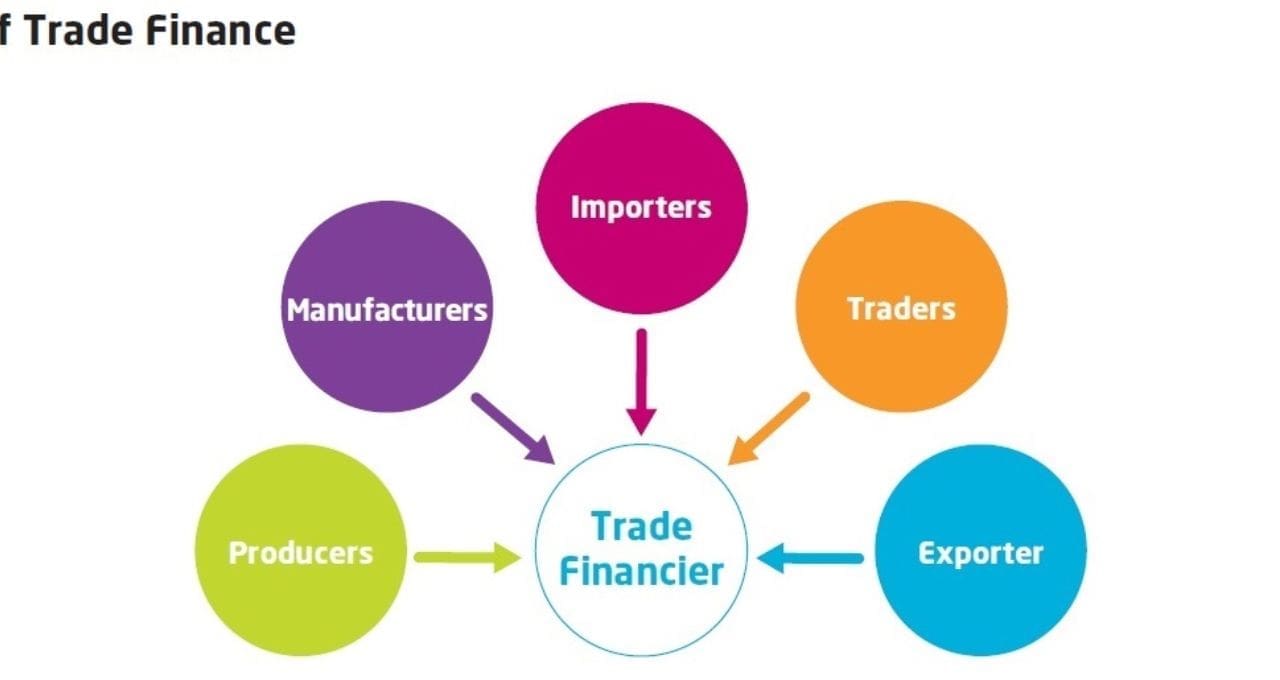As a long-term visionary document without a sunset clause, Foreign Trade Policy 2023 presents a wealth of prospects for advancing international trade financing (FFT). The FTP has set an ambitious export objective, with merchandise exports estimated to account for half of the increase from $760–70 billion in FY23 to $2 trillion by 2030.
The manufacturing base is anticipated to be strengthened by flagship government programmes like Make in India, PLI, and MITRA to increase export capabilities. By 2030, e-commerce is expected to grow from $5-10 billion to $200-300 billion.
FTP23 guarantees greater benefits for export business owners who can settle international trade transactions in rupee rather than in dollars.
Taking a page from the new FTP’s spirit, stakeholders—and banks in particular—should collaborate with the government. for enhancing the ease of doing business for entrepreneurs by streamlining the processes and procedures in FFT.
To ensure simple compliance, the government is encouraging the digitization of export-related documentation, processes, and procedure. Business analytics tools will be used to build an automatic rule-based approval mechanism. To ensure fast resolution of exporters’ complaints, specific deadlines for approvals have been set. Banks will need to simplify processes, set deadlines for key actions, and prepare employees in order to push FFT to the new size. According to the RBI data, the amount of export credit provided by banks decreased by 25.1% to 16 909 crore at the end of October 2022 from the previous year. Insufficient liquidity is a significant obstacle for exporters, and branches must to be directed to concentrate on FFT.
The RBI set a minimum 2 percent of total bank credit as the criteria for export credit, although the present performance is far lower than that. To fully use the FFT potential that FTP23 opened up, systems, people, and procedures must be reimagined and energised.
In order to produce the correct kind of performance incentivization, technology should be investigated to enhance effectiveness, monitoring, and permit fast interventions.
To use FFT to its best capacity, performance parameters must be coordinated with the wider performance management system.
Moving forward, export businesses should be given the necessary information and financial support under the guidance of FTP23. be updated to reflect the changing nature of the global business environment.

